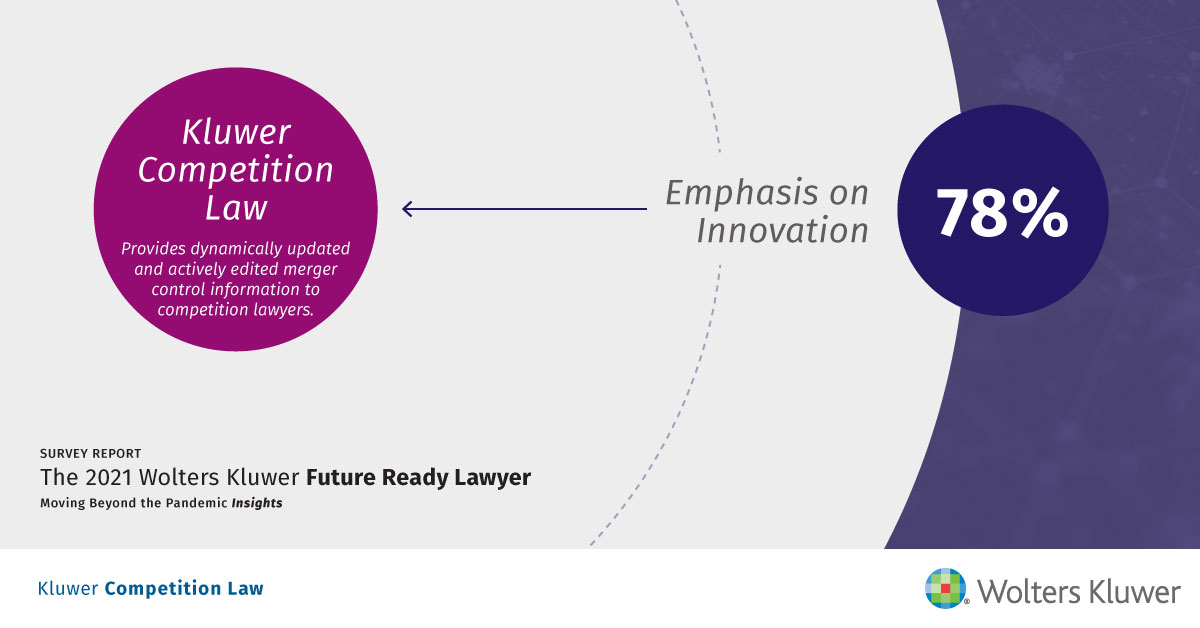SCOTUS Limits EPA Emission Control Powers
In a decision that could open the door to broader administrative restrictions in other areas, the U.S. Supreme Court limited the Environmental Protection Agency’s powers to regulate greenhouse gas emissions from existing power plants.
The 6-3 ruling in West Virginia v. Environmental Protection Agency split firmly across ideological lines. The agency went further than the power Congress granted it in the 1970 Clean Air Act by creating its own regulatory scheme to cap carbon emissions, the court ruled.
A Defeat for the Biden Administration
The ruling comes at a time when scientists are sounding alarms about global warming and strikes a blow to the Biden Administration’s efforts to address climate change. The dispute dates back to the Obama administration’s Clean Power Plan, which set emissions-reduction targets for electricity generation facilities.
Writing for the conservative majority, Chief Justice John Roberts said that Congress, not the EPA, has the power to create a broad system of regulations to restrict carbon emissions. Roberts justified that interpretation by citing a controversial precept known as the “major questions doctrine.”
That doctrine holds that when there are issues of major significance, regulatory agencies must have clear authorization from Congress before they can act. Roberts wrote that the question before the court was whether EPA rulemaking on emissions reductions, a major question, was within the authority given it by Congress in the Clean Air Act of 1970. The answer, he said, is no.
“Capping carbon dioxide emissions at a level that will force a nationwide transition away from the use of coal to generate electricity may be a sensible ‘solution to the crisis of the day,'” Roberts wrote. “But it is not plausible that Congress gave EPA the authority to adopt on its own such a regulatory scheme.”
That authority belongs only to Congress, the majority ruled.
A Vigorous Dissent
Writing the dissent for the court’s three-justice liberal bloc, Elena Kagan vehemently disagreed with the assertion that the EPA was acting outside its authority. Noting that the “major questions doctrine” has never been applied to any Supreme Court opinion, Kagan argued that Congress had already given the EPA the power to make major decisions under Section 111 of the Clean Air Act.
“A key reason Congress makes broad decisions like Section 111 is so an agency can respond, appropriately and commensurately, to new and big problems,” she wrote. “Congress knows what it doesn’t and can’t know when it drafts a statute; and Congress, therefore, gives an expert agency the power to address issues — even significant ones — as when they arise.”
Targeting the ‘Administrative State’?
Although the ruling addressed EPA authority, justices suggested that limits on the “administrative state” may be applied elsewhere. In a concurring opinion, Justice Neil Gorsuch amplified Roberts’ “major questions” argument by saying it applies to all administrative agencies.
“And while we all agree that administrative agencies have important roles to play in a modern nation, surely none of us wishes to abandon our Republic’s promise that the people and their representatives should have a meaningful say in the laws that govern them,” he wrote.
This ruling culminates a yearslong effort by Republican attorneys general, conservative activists, and coal and gas interests, to weaken the executive branch’s ability to tackle global warming through the regulatory process.
While the court’s ruling halts ambitious EPA approaches, such as cap and trade, the agency still has the power to enact emission control measures at individual power plants.
Related Resources
You Don’t Have To Solve This on Your Own – Get a Lawyer’s Help
Meeting with a lawyer can help you understand your options and how to best protect your rights. Visit our attorney directory to find a lawyer near you who can help.






